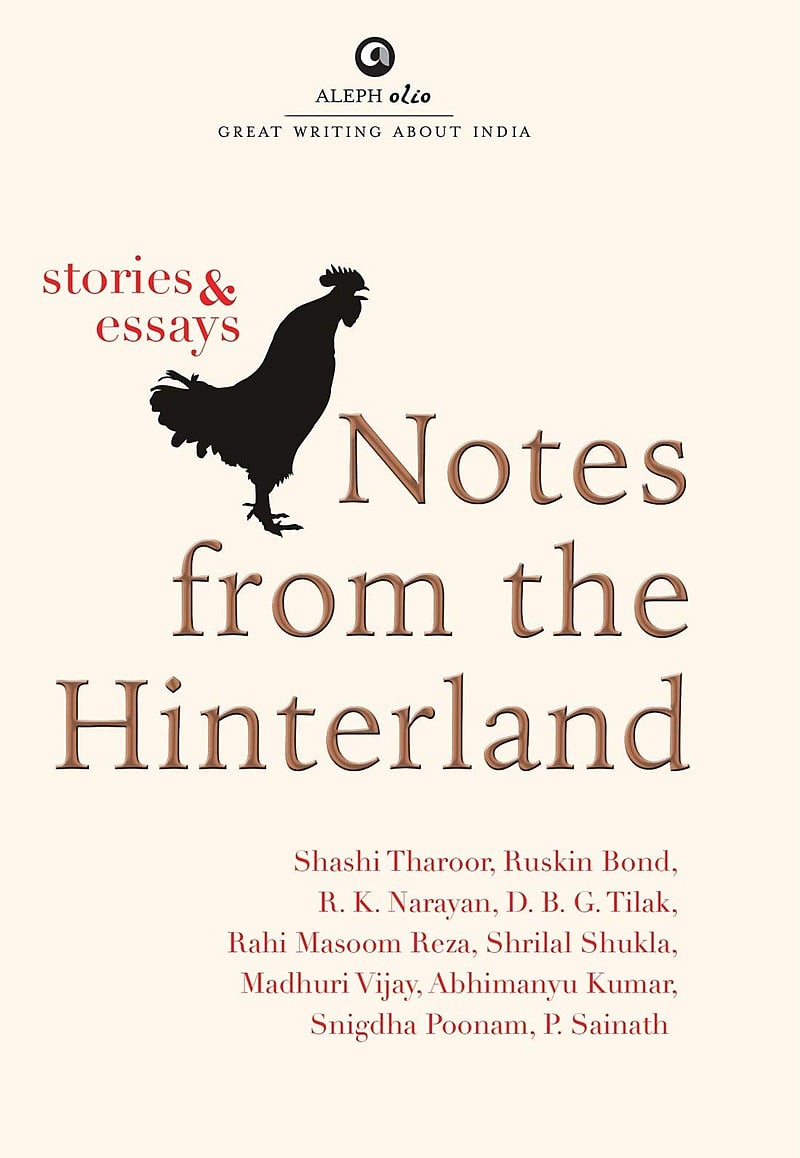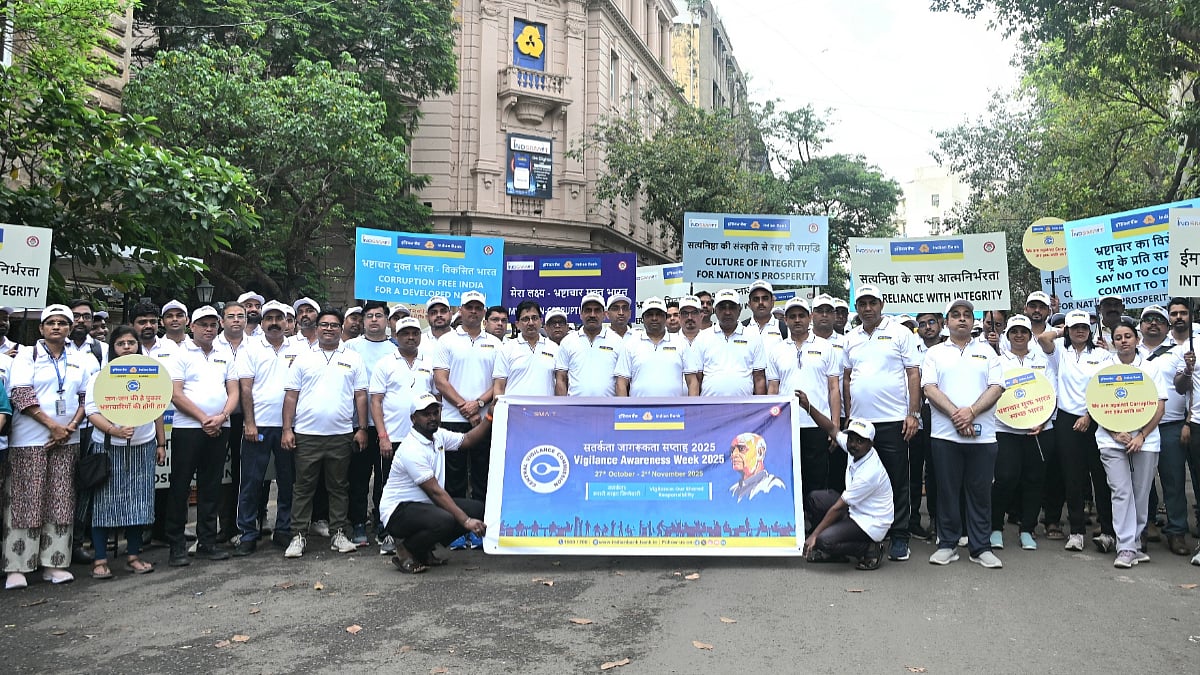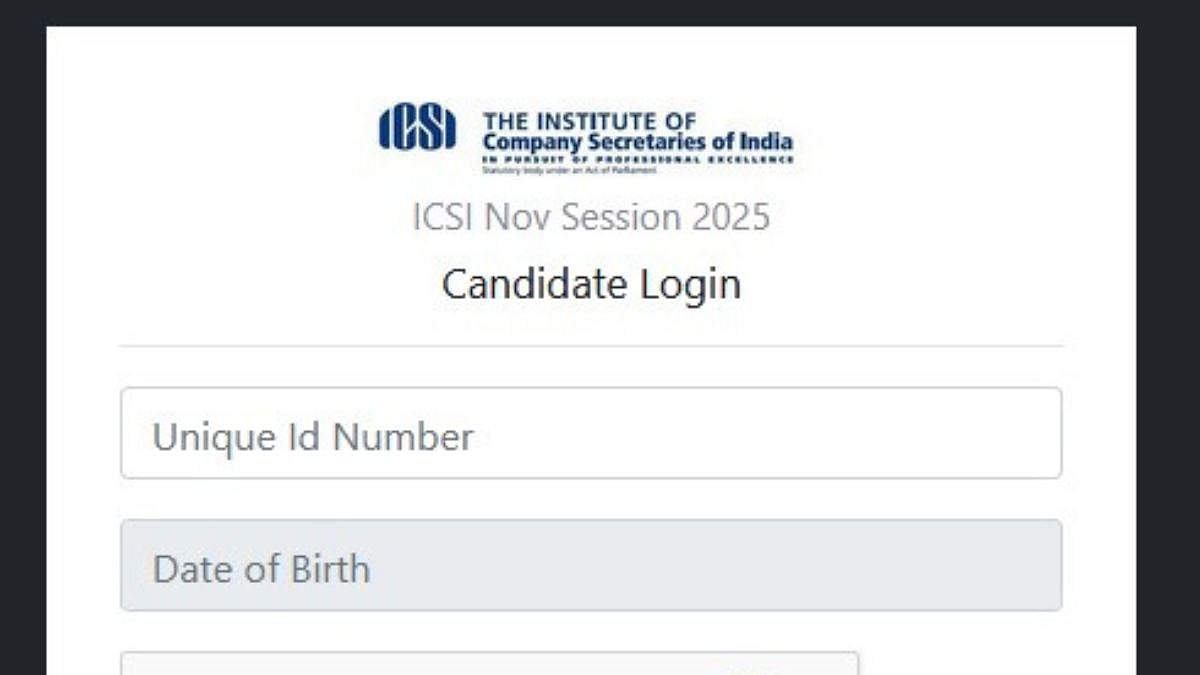Book: Stories And Essays: Notes From The Hinterland
Author: Various
Publisher: Aleph Olio
Pages: 143
Price: Rs 399
Shashi Tharoor leads this collection with an extract from his 1997 publication of India: From Midnight and Beyond; the story titled, Scheduled Castes, Unscheduled Change describes the culture-shock of a boy from Bombay overwhelmed by the sharp and demeaning social strata in his native village, and the steady, though Constitution-inspired, social churning that is taking place. Ruskin Bond follows in a mystic, lovelorn mode, with The Night Train at Deoli (a story seen earlier in the collection: Small Town, Big Stories). An Astrologer’s Day is an extract from The Very Best of R.K. Narayan: Timeless Malgudi (2013) and plays on just the right amount of intrigue and irreverent humour!
The Man who saw God by DBG Tilak, translated from the Telegu, brings out the hollowness of religious leaders though the narrative has a rather wimpy ending.
These are followed by extracts from two novels by Rahi Masoom Reza and Shrilal Shukla, which, in their apparent rambling accounts of a series of events, do not appear to be representative of the respective authors’ best work, (or perhaps much has been lost in translation). Shukla’s graphic description of the roadside tea-stalls, however, is hilarious. Madhuri Vijay’s Lorry Raja is a sad tale of mining-related poverty, exploitation and lump-in-the-throat resilience, reminiscent of the misery in Steinbeck’s Grapes of Wrath — only more persistent and unremitting.
Abhimanyu Kumar’s essay The Lynching that Changed India ends on a rather bold note, where he asserts that the cow is just an excuse…while in the second essay in the collection, titled The Man Who Lived, Snigdha Poonam examines the horrifying capacity of WhatsApp to create riots based on rumours. Finally, Sainath speaks about a forgotten part of the Indian Independence movement — the Toofan Sena, but, sadly, the account does little justice to Ganpati Yadav himself or to our underground resistance to the British rule. In a “hinterland” that is so bewilderingly diverse, the selection of “Notes” cannot afford to appear random.









